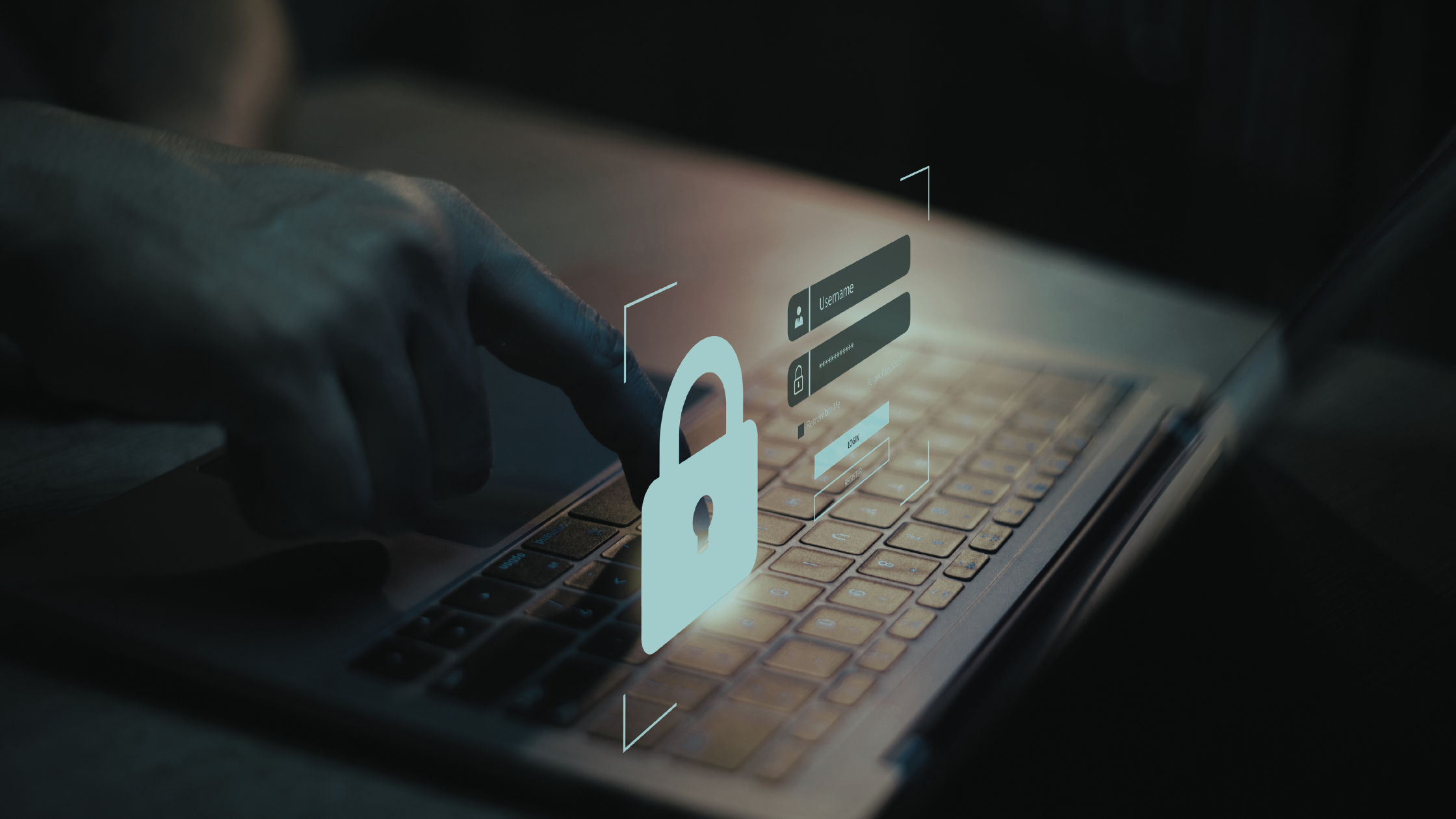
The current war in Ukraine is unlike anything the world has yet seen and one of the defining characteristics of the conflict is the cyber warfare taking place. Even before the war began, many people were already on high alert regarding cyber security. Not too long ago both the JBS headquarters in the United States and Colonial Pipeline were hacked by a ransomware attack causing significant disruption in gas and food. Weeks prior to the invasion on February 22nd many warned of possible cyber-attacks coming from Russia. One week before the invasion, the federal organization CISA (Cyber Security and Infrastructure Security Agency) put out a “Shields Up” warning of cyber security threats posed by Russia advising organizations across the country to be vigilant.
The cyber security threats, however, became exponentially worse once the invasion began. Immediately after Putin sent his troops into the country, cyberattacks from Russia increased by 800% within a 48-hour period. Along with the invasion, Russian hackers made all sorts of measures to knock out Ukrainian infrastructure. Then, when sanctions were imposed, hackers began to make more efforts to attack the United States and Europe in retaliation. As of the writing of this article, Russian hackers are active in disrupting American and European infrastructure.
So, who should be worried? It may be tempting to think, after seeing the big headlines about JBS and Colonial Pipeline being hacked, that cyber security threats are only directed towards giant organizations such as these. However, as we shall see, small businesses need to be just as vigilant as large corporations. Frameworkit.com reports that 43 percent of cyber-attacks target small businesses. Small businesses tend to be easy to hack given that many have multiple entry points due to poor cyber security monitoring because they cut corners in their budgets.
Some hackers use a method known as “spray and pay” in which they hit a large number of small businesses with the aim of netting as much money as possible from multiple targets. In many cases, this method ends up being easier, more effective, and more profitable than targeting one large organization that has a lot of money. All small businesses should bear this in mind and make the necessary precautions, even more so now with the Ukraine crisis bringing about increased cyber threats.
There are, however, affordable measures that these businesses can take to mitigate the threat of these hackers. The FBI has issued the following recommendations to small businesses to prevent cyber-attacks and we here at Iler Networking and Computing agree! First, back up your data and regularly test your backup. Iler provides a variety of backup solutions that can be tailored to your business needs. Secondly, the FBI says to implement network segmentation and a recovery plan. Thirdly, the FBI recommends using multi-factor authentication. Microsoft has stated that 99% of cyber attacks could have been prevented by multi-factor authentication. Fourthly, install and regularly update anti-virus and anti-malware software on all devices used by your business. Finally, consider installing a VPN to keep your network secure.
There are more recommendations on the FBI’s list and much more that we can say about the current state of cyber security that is too long to write in one single blog post. CISA also has more ransomware guidelines. For more information or inquiries about a backup plan that’s right for your business, give us a call at 440-322-3437.






